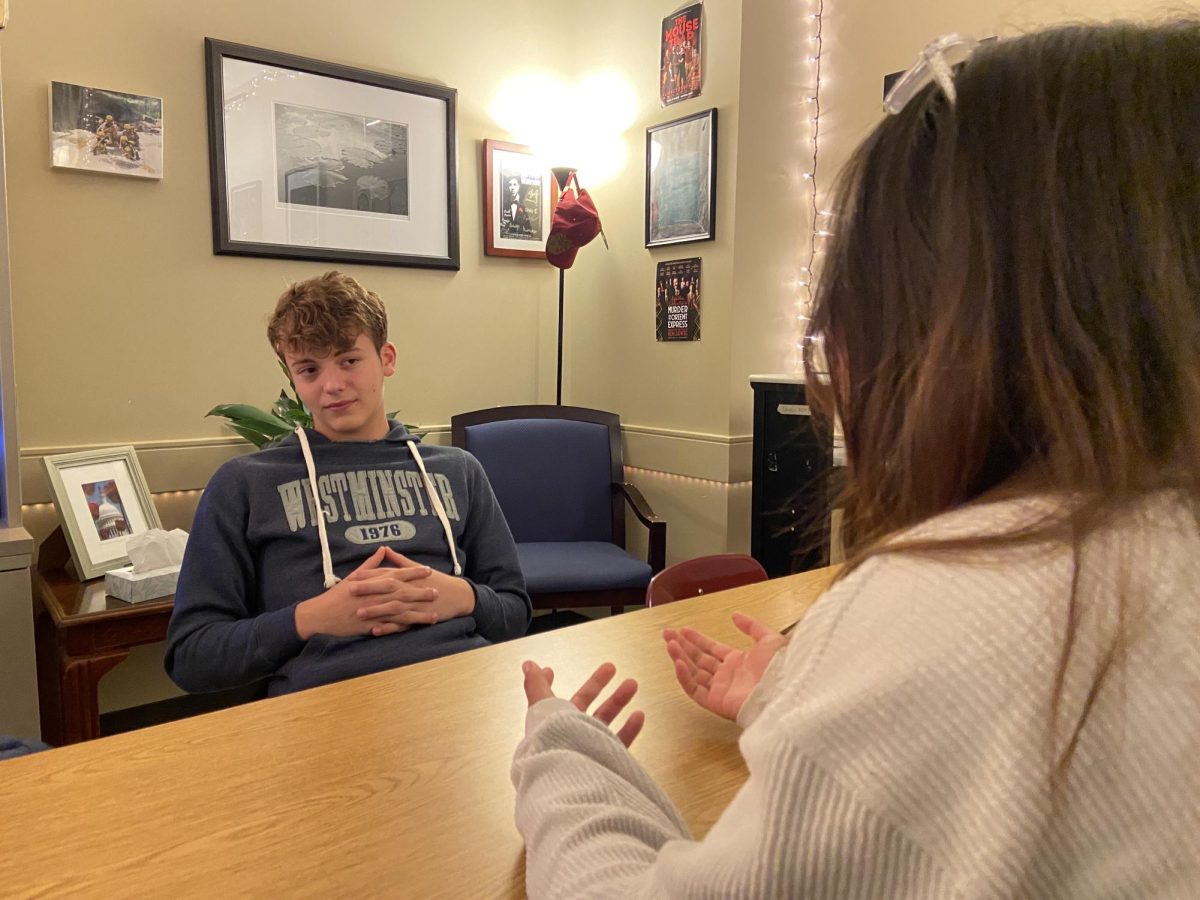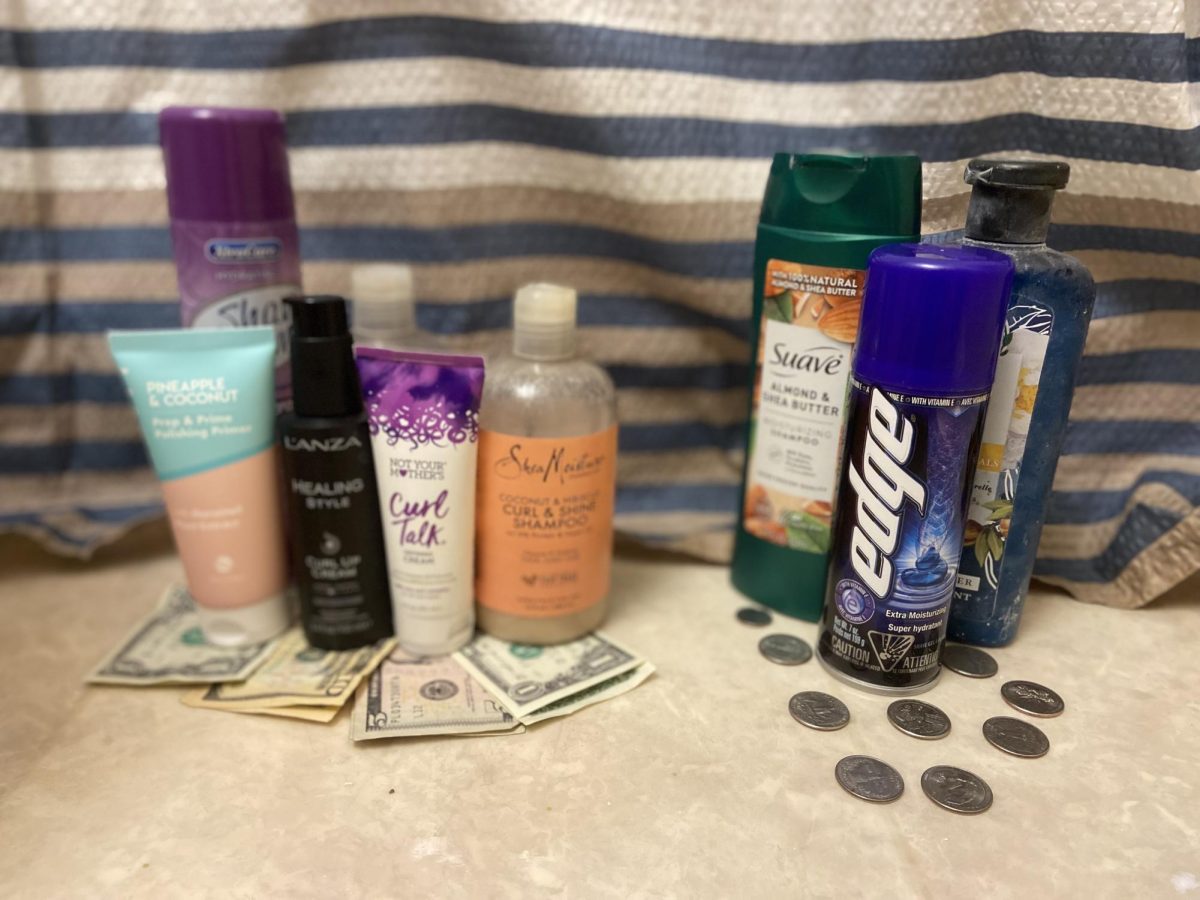From Jack Doherty to Cody Ko, celebrities and online creators have been exposed left and right for various accounts of sexual predation over the past couple of months. Whether it’s grooming underage members of their fanbases, or actually engaging in sexual activities with minors, streamers and other online creators have begun to fall into a disturbing pattern of horrendously inappropriate engagement with children. In light of all of these instances, the audiences of these creators have been left with one burning question in the backs of their minds: Why would extremely influential content creators with successful careers ruin everything they worked so hard to build just to prey on children?

According to an article from the Stop It Now childrens’ sexual abuse helpline, only 10% of people who sexually abuse children are actually pedophiles. Later on, the article states one of the actual main reasons as to why adults turn to sexually abusing children:
“They feel out of control or powerless in other areas of their life and turn to children to regain a sense of power and control.”
The instability of tying one’s value to their online presence is likely the bridge between creating online content for a living and using that power to sexually abuse minors. In an interview with Psychology Today, Isabelle Mazerolle, a small-time fitness influencer stated the difficulties of maintaining a stable mental state while having an online presence:
“It can feel intrusive when people are analyzing everything you say and post. I try to not censor myself and be as open as possible, but that inevitably invites criticism.”
Due to the scrutiny with which fanbases analyze influencers, many creators feel that they are very limited in what they can express through their profession and the way they live. Therefore, some influencers feel the need to exert control in other areas, and as children are typically naive and moldable in nature, the influencers feel that they can use them as a medium to express the control they feel is missing from their lives.
Now that we have covered why streamers often fall into the pattern of online sexual predation, it is important to consider what can be done to prevent such instances from occurring in the future. Online predation is extremely hard to prevent given the widespread accessibility of the internet by both children and pedophiles alike. However, oftentimes, the simplest solution can prove to be the best one.
In a study conducted by the Psychological College of Madrid, 856 Spanish students were monitored on their reactions to predatory online situations in two three month intervals. Half of the students were given an educational intervention on online grooming, while the other half of the students were given a resilience control intervention. The students’ reactions to grooming situations were monitored before and after the educational interventions were given, and in the time after the lecture, surveys taken by the researchers showed that the students exhibited a more mature and defensive approach towards predatory situations.
This study proves that when equipped with a proper education on the dangers of online sexual predation, the potential victims of such incidents can avoid such instances of sexual abuse. The value of a general lecture on avoiding sexual abuse can often be overlooked, but in reality, this method has proven time and time again to the simplist and most cost-effective way to reduce the amount of children who are taken advantage of on the internet.
Regardless of the reasoning behind why online creators turn to child predation, such behaviors are utterly uncondonable and cannot be excused by any external stressors they may be facing. Ultimately, there is nothing we can do to stop online predators from targeting children; the only way we can fight back against this threat to society is by providing minors with the means to protect themselves from internet pedophiles. So the next time you log onto your favorite content creator’s platform, make sure to be cautious, because in the end, only one side of the screen can be controlled: yours.








